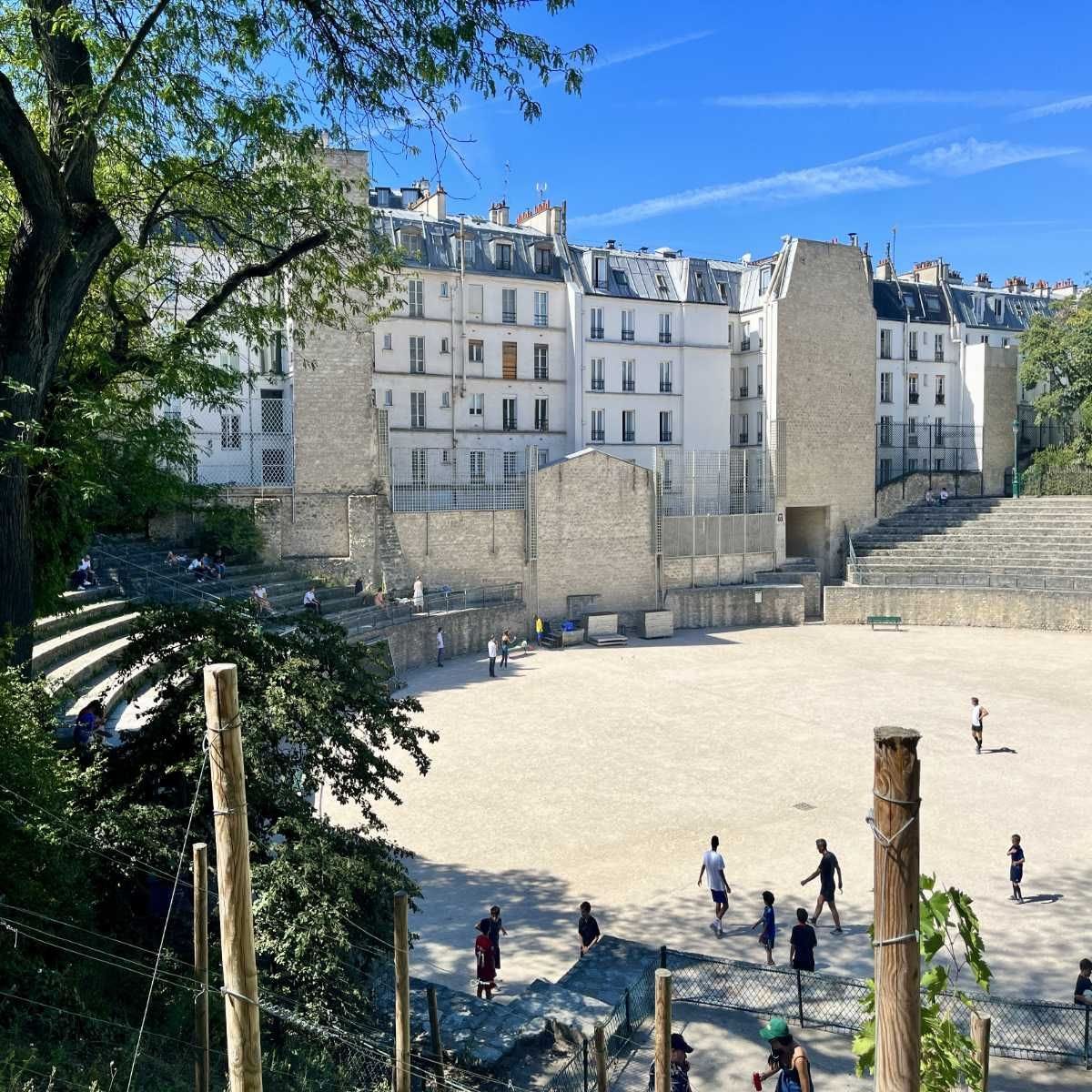why is Paris called Paris?🇫🇷
a snapshot of the city's early evolution
Travel, curiosity, and remembering new fun facts are all ways to keep your brain happy, and thus your mood happy! Through practicing these skills, you’ll also develop more hope and confidence in achieving your own personal goals. If you’re new here, welcome to one of my series where I bring you with me in practicing this together: Fridays are for France🇫🇷!
When travelling, how often do we ask ourselves how the name of a place came to be? For me, it’s been surprisingly rare (though maybe this post will change that) but that question often leaves great clues to the history of a place! Although the exact details of the history of Paris are still being debated, historians can usually agree that “Paris” comes from the Parisii, a Celtic (specifically a Gaulish) group that existed around the third century BCE!
And why were the Parisii called the Parisii? Historians still argue about this, but based on the language roots of the name, it’s possible that they were named after being either “makers” / “producers” or “warriors” / “leaders”. Some linguists even think they may have been named after a landmark near their original home. However, I personally enjoy the first theory and like to think Parisians come from a long line of leaders producing beautiful things😍.
Now what’s up with the Parisii and why did they choose to settle where they did? The Parisii chose to live along the Seine- arguably in what’s now the modern-day “Île de la Cité” (Island of the City) where the Notre Dame now resides! Paris has always been a smart choice for settlers due to its central location in Europe. However, the Parisii were extra strategic in choosing this small island because it was a natural fortress against invaders! They didn’t have a large army, so the fact that the Île de la Cité is surrounded by water on all sides meant that it had limited access points and could be defended more easily.
Why else was the Île de la Cité a perfect location?
They could control the river traffic which was HUGE because the Seine was (and is!) a major trade route connecting the Atlantic coast to mainland Europe and the Mediterranean.
Back in the day, the land surrounding the island wasn’t full of the beautiful architecture of today. It was all farmland! The Seine thus provided an essential resource in helping the land grow everything the Parisii needed.
Eventually, the Romans took over the Parisii in 52 BCE and named the area “Lutetia Parisiorum”, meaning Lutetia of the Parisii. “Lutetia” roughly translates to “marsh” or “mud”, probably referring to the land around the Île de la Cité!

Over the years, Lutetia Parisiorum then started to simply be informally referred to as “Paris” by the locals, and once Saint Denis (and thus Christianity) entered the picture in approximately 250 CE, even “Lutetia” was dropped formally for it to be called Civitas Parisiorum.
Throughout all of this conquering, language evolved as well! France went from speaking Latin to Old French, and with that, a lot of words officially became much shorter: Parisiorum became Parisi, and then just simply Paris during the 5th century CE onward to today!
In case you’re curious, these were the old names of other well-known French cities!
Lugdunum → Lyon
Rotomagus → Rouen
Burdigala → Bordeaux
Crazy to think Paris one of the evolutions of Paris’ name was after MUD considering how beautiful the architecture is now! Did you learn anything new this week? Your brain thanks you! Let me know in the comments or see if you can remember any of these facts the next time someone brings up Paris - your brain will thank you even more❤️!
Merci beaucoup for reading until the end! Bisous! À la semaine prochaine! 🇫🇷




